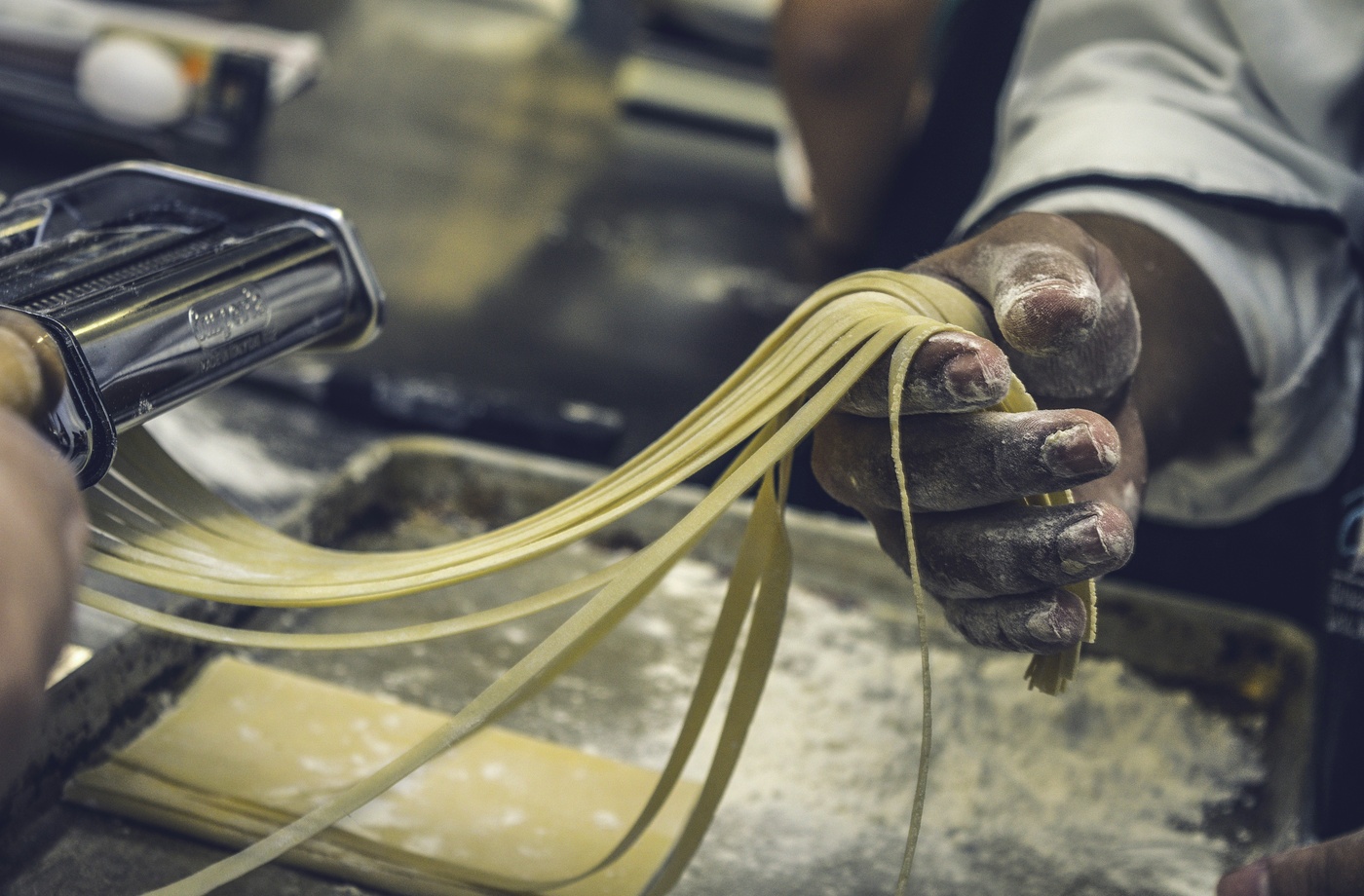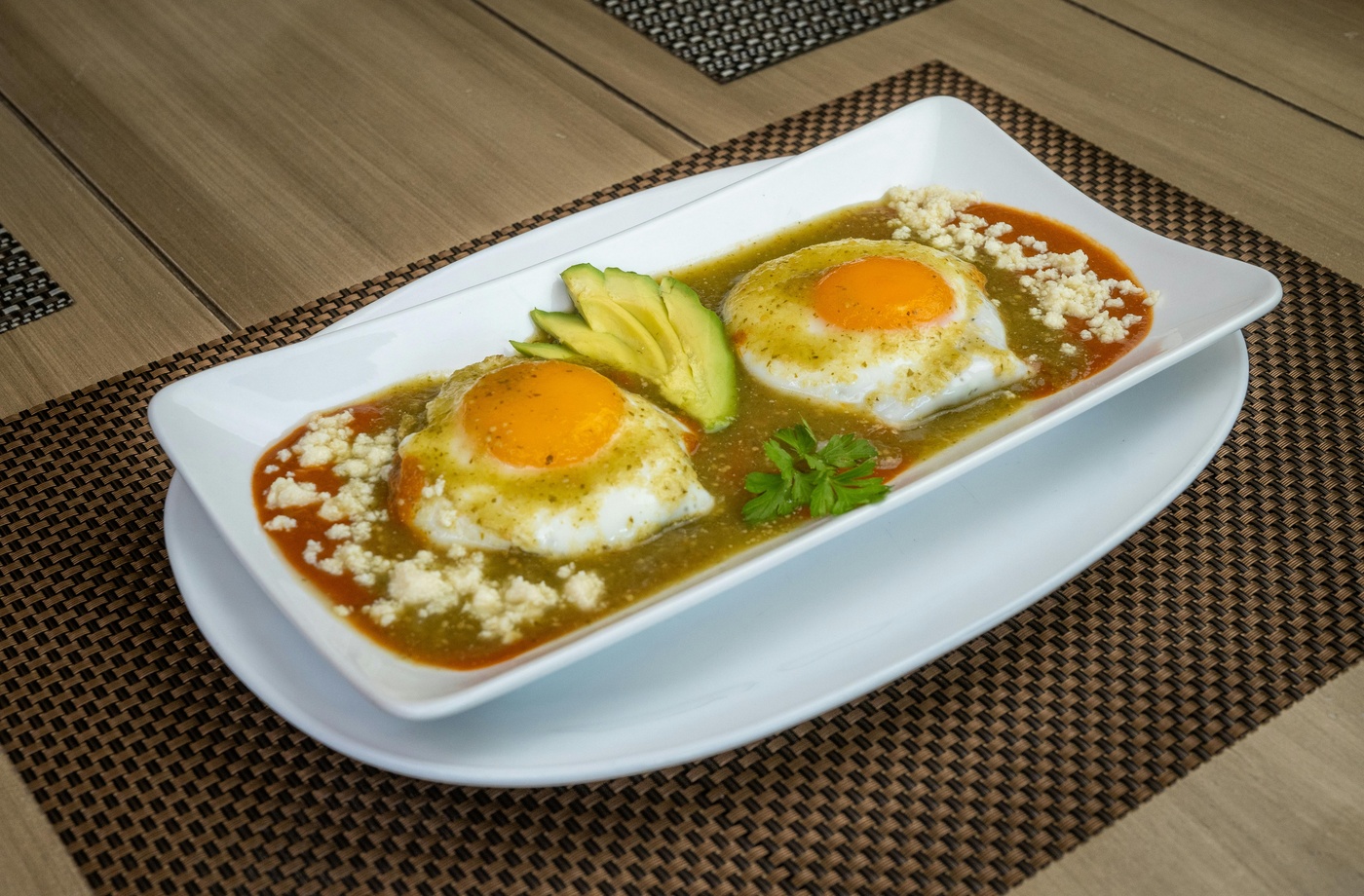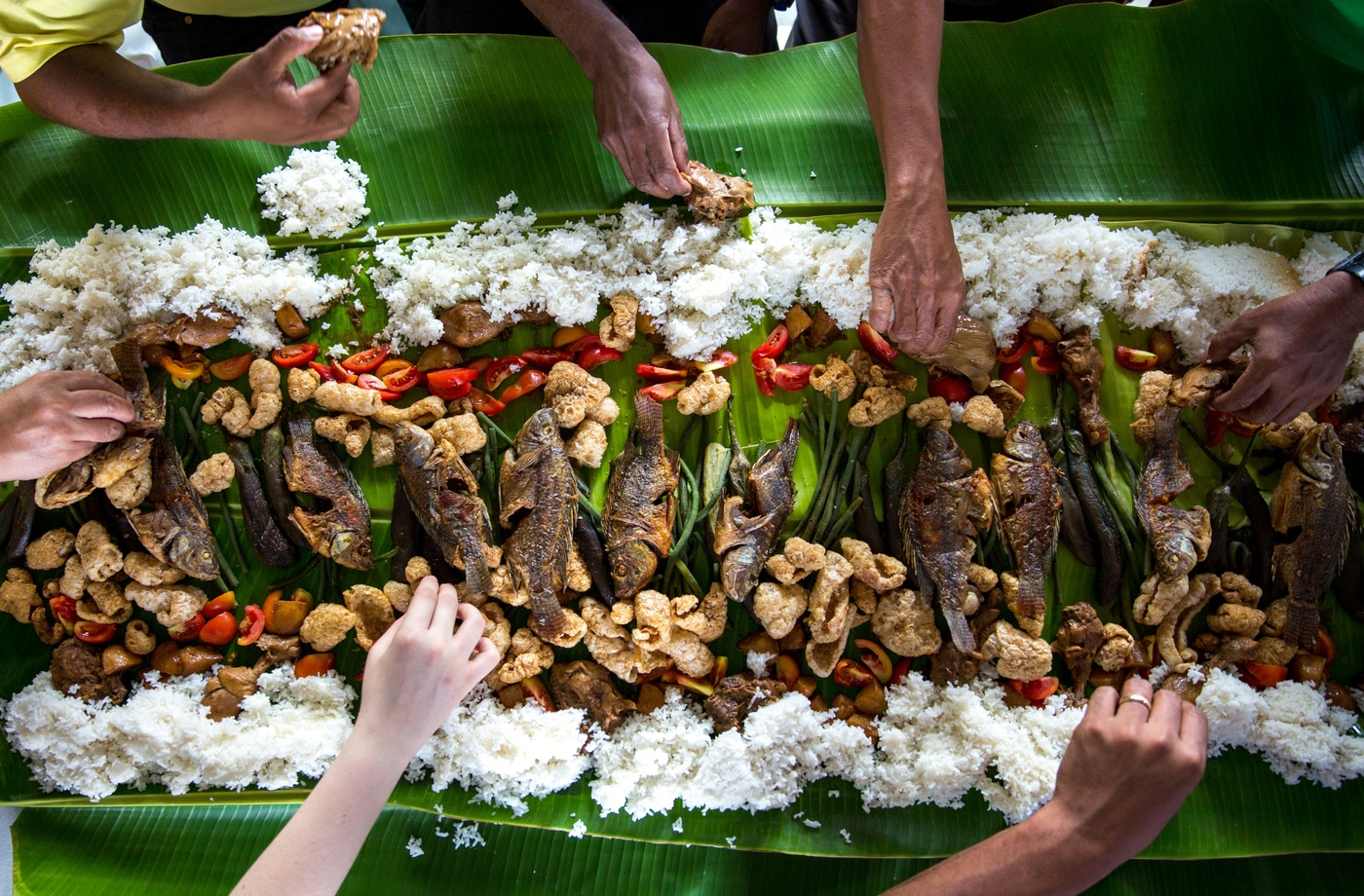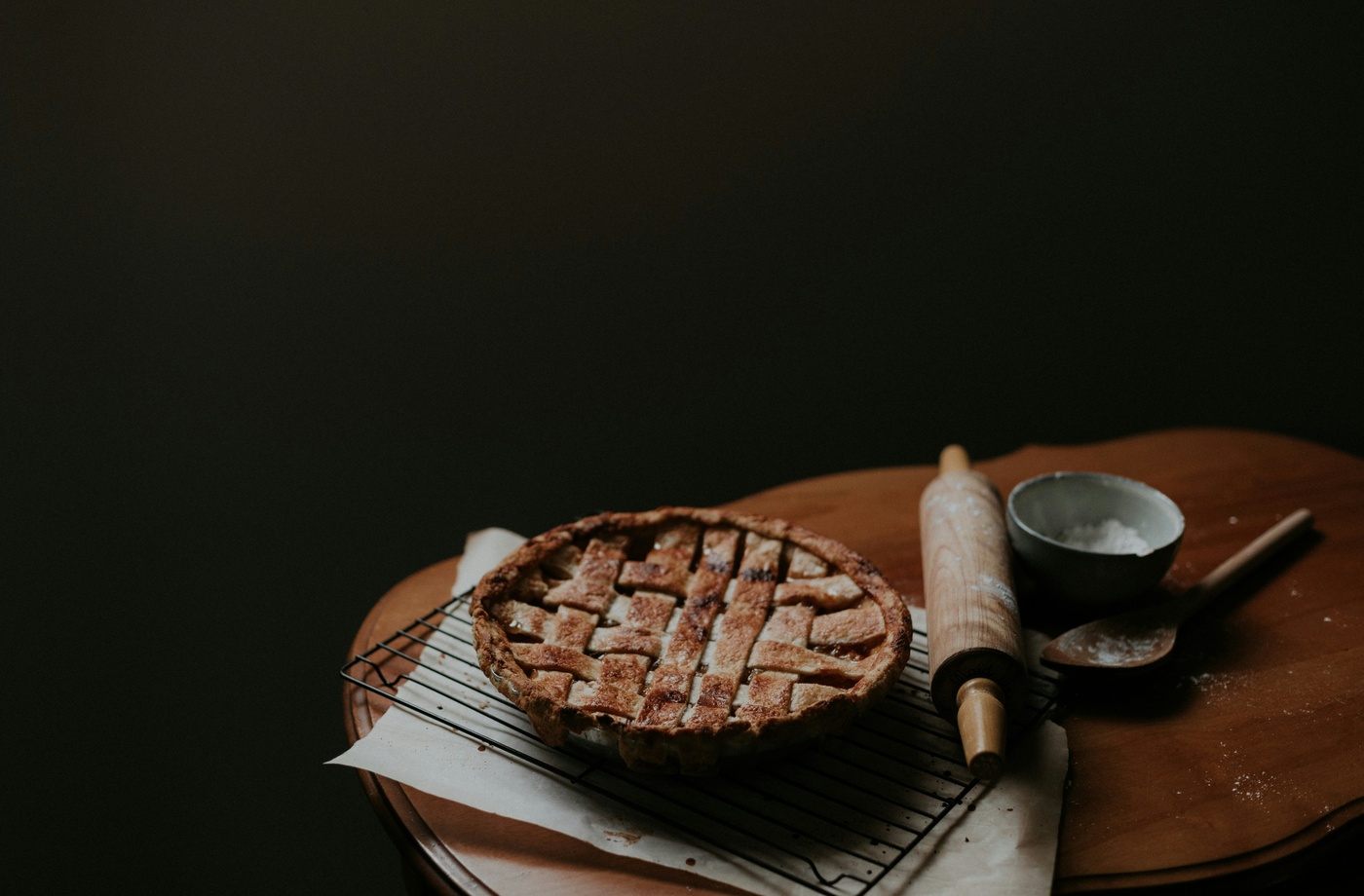Rustic cooking isn’t just a style—it’s a mindset. At its core, rustic cuisine celebrates the essence of ingredients, the warmth of tradition, and the joy of sharing food with others. It’s about creating hearty, nourishing meals without the fuss, using time-honored techniques that connect us to generations past.
Unlike precision-driven gourmet trends, rustic cooking embraces imperfection. It’s in the crusty loaf of bread made without a mixer, the stew simmered slowly on the stove, and the salad tossed with whatever herbs were picked fresh from the backyard. What matters most is flavor, authenticity, and the story behind the meal.
A Celebration of Ingredients
In rustic kitchens, ingredients shine in their natural state. Tomatoes don’t need foam, and carrots aren’t carved into geometric art—they just need to be fresh, local, and seasonal. This approach honors nature’s bounty and reduces the need for over-processing or excess packaging. For many home cooks, this style also aligns with sustainability and a desire to eat in harmony with the land.
Time-Tested Techniques That Still Work
Rustic cooking leans heavily on traditional methods—think roasting, stewing, fermenting, pickling, and baking in cast iron. These methods don’t require expensive gadgets or specialized equipment. In fact, a Dutch oven, sharp knife, and wooden spoon might be all you need to cook a week’s worth of meals.
The Joy of Gathering
Food tastes different when it’s shared. Rustic meals often bring people together around a table with big bowls, passed plates, and conversation that lingers long after dessert. The goal isn’t perfection—it’s presence. It’s the kind of dining that values togetherness over presentation.
A Movement Rooted in Purpose
Rustic cooking overlaps beautifully with the Slow Food movement, which promotes “good, clean, and fair” food. Like slow food, rustic cooking resists the fast-paced, convenience-driven food culture and instead embraces mindfulness, seasonality, and cultural heritage.
Whether you’re baking a loaf of sourdough, simmering a pot of beans, or roasting vegetables straight from the garden, rustic cooking reminds us that food doesn’t need to be complicated to be meaningful.



